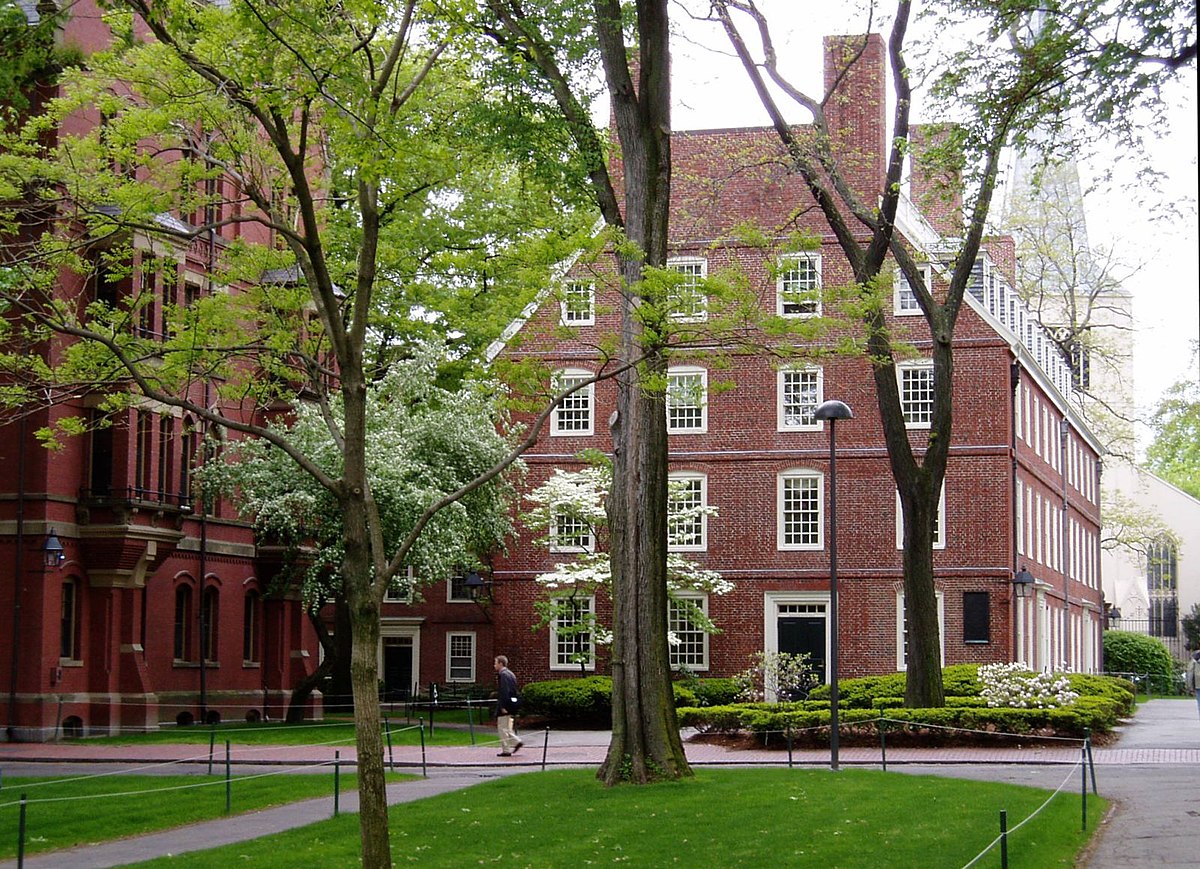Harvard, which appears to be in danger of losing at the Supreme Court, will not receive any assistance with its legal fees.
In the high-profile anti-affirmative action lawsuit against the school that was heard by the Supreme Court on Monday, a federal judge ruled on Wednesday that Harvard’s insurer should not be responsible for paying the University’s legal fees.
In September 2021, Harvard filed a lawsuit against its insurance company, Zurich American Insurance Company, claiming that the company had broken a contract by refusing to pay for its legal fees.
However, on Wednesday, Judge Allison D. Burroughs sided with the insurance company and rejected Harvard’s claim that it was not required to notify the company of its Students For Fair Admissions lawsuit, which was widely reported.The school will be required to pay the costs it incurred during the case’s eight-year legal battle as a result of the ruling.

Harvard purchased two insurance policies in 2014:one with the American International Group, which paid for the initial $25 million in legal costs, and a second excess policy with Zurich, which paid for up to $15 million in additional costs.
In legal filings, Zurich argued that its policy would only take effect if Harvard informed the company within 90 days of the first policy’s cap.However, the notification was not provided by the university until May 2017, 17 months after the deadline.
Harvard acknowledged in its filings that it did not officially notify Zurich until May 2017, but the school’s lawyers argued that the company must have been aware the policy would kick in because the school’s litigation with SFFA was so widely covered.
Following a three-week district court trial in the SFFA case in 2020, Burroughs rejected Harvard’s arguments in the Zurich case on Wednesday.
She wrote that “it is undisputed that Harvard first gave notice to Zurich of the relevant claim on May 23, 2017, well past the deadline” in a ruling that was four pages long.
Burroughs wrote, “Massachusetts law is clear that (1) an insurance policy’s unambiguous terms must be strictly enforced and (2) an insured’s failure to comply with the notice provision of a claims-made policy bars coverage.”
Burroughs wrote that “an insurer’s actual or constructive knowledge of a claim” is not “sufficient notice to trigger coverage obligations under such a policy,” rejecting Harvard’s central argument that Zurich should cover the University’s legal fees because it knew about SFFA’s litigation.
She wrote, “It is thus clear that Harvard’s obligation to provide notice in full compliance with the terms of the Policy would not change Zurich’s lack of prejudice, constructive, or even actual knowledge.”






